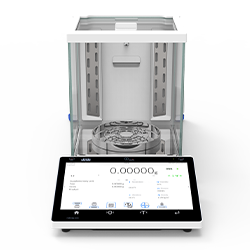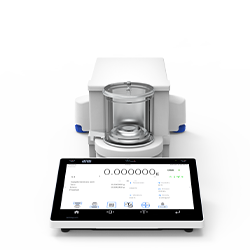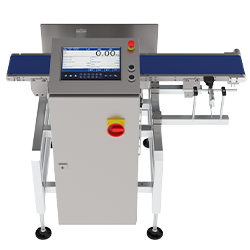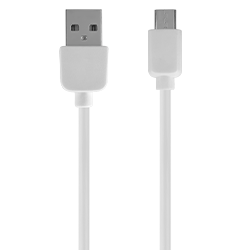Balanza de precisión WLC 0.2.X7
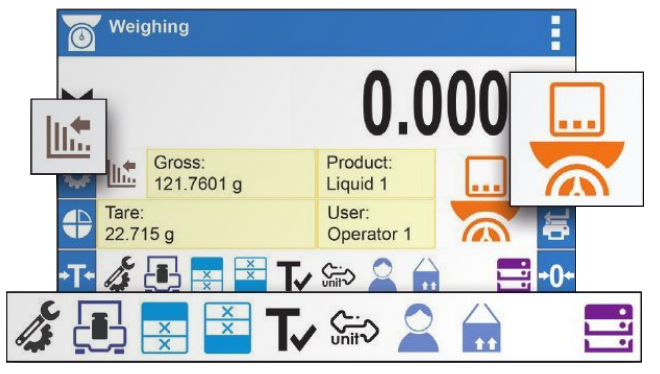
Nuevas posibilidades
- pantalla táctil a color de 7 pulgadas
- personalización de la pantalla mediante widgets
- menús interactivos multilingües
- sensores de funcionamiento sin contacto
- cumplimiento de los requisitos de GLP y GMP
- control dinámico de la masa de la muestra (barra grafica)
- estadísticas, recetas, informes e impresiones
- posibilidades de comunicación ilimitadas
- memoria ALIBI con registro de mediciones
- amplias bases de datos
- máxima comodidad de manejo
- ajuste interno/externo
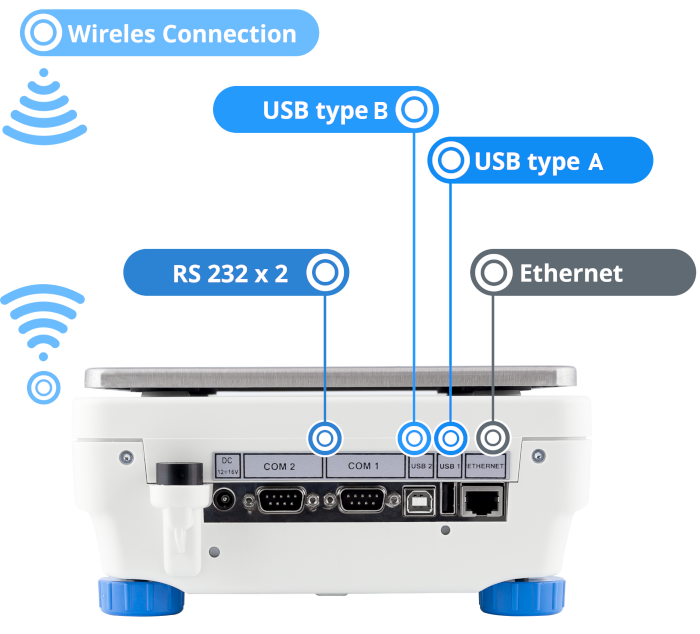
Personalización mediante widgets
Las balanzas de precisión WLC X7 están equipadas con múltiples interfaces de comunicación: 2 x RS232, USB-A, USB-B, Ethernet y Wi-Fi®.
La carcasa de estos dispositivos está hecha de plástico y el platillo está hecho de acero inoxidable.

Bases de datos
- Productos (5.000 bienes)
- Usuarios (100 usuarios)
- Embalaje (100 paquetes)
- Clientes (1.000 clientes)
- Recetas (100 recetas)
- Informes de recetas (500 informes)
- Condiciones ambientales (10.000 registros)
- Pesajes (50.000 registros)
- Memoria Alibi (512.000 registros).
Gestión de datos de pesaje

Memeoria ALIBI
Learn about the use and maintenance of stainless steel products:
Stainless Steel in RADWAG products. Standard and special applications
Wi-Fi® es una marca registrada de Wi-Fi Alliance®.








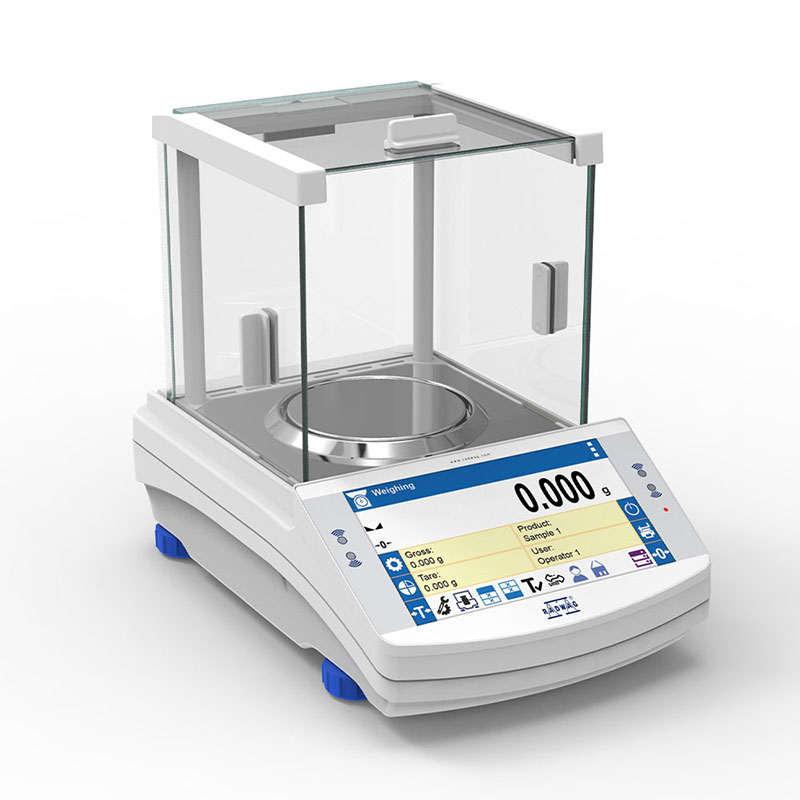


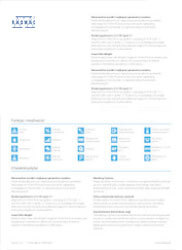


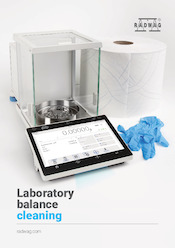
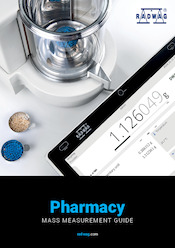
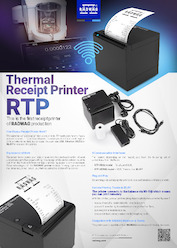
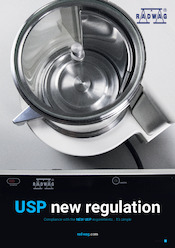
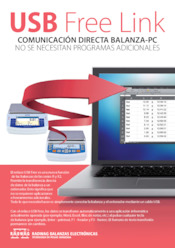
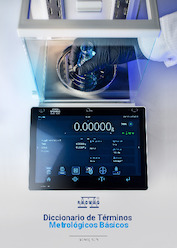
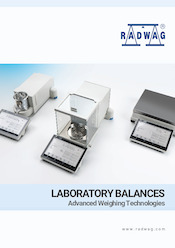
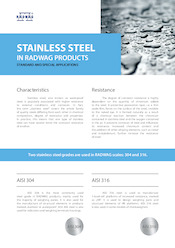
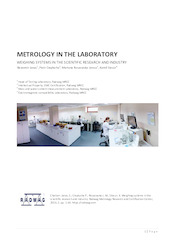
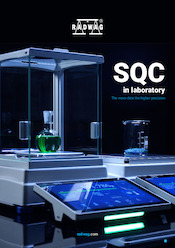
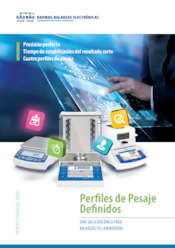

 Albanian
Albanian Danish
Danish Nederlandse
Nederlandse Estonian
Estonian Finnish
Finnish Hungarian
Hungarian Icelandic
Icelandic Kazakh
Kazakh Latvian
Latvian Lithuanian
Lithuanian Macedonian
Macedonian Norwegian
Norwegian Portuguese
Portuguese Romanian
Romanian Russian
Russian Slovak
Slovak Slovenian
Slovenian Swedish
Swedish Ukrainian
Ukrainian Serbian
Serbian Montenegrin
Montenegrin Português (Brasil)
Português (Brasil) Deutsch
Deutsch English
English Français
Français Italiano
Italiano Japanese (日本語)
Japanese (日本語) Polski
Polski Türkiye
Türkiye Česky
Česky USA
USA 中文
中文
















